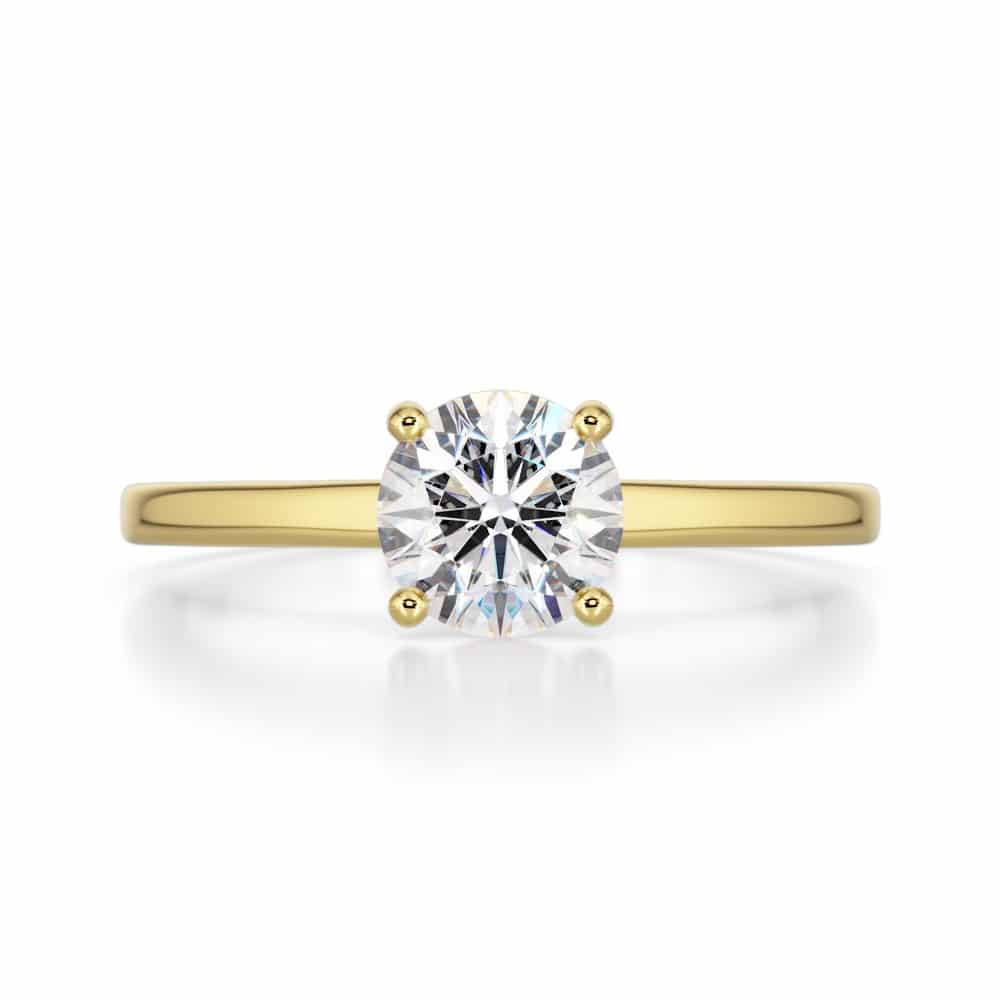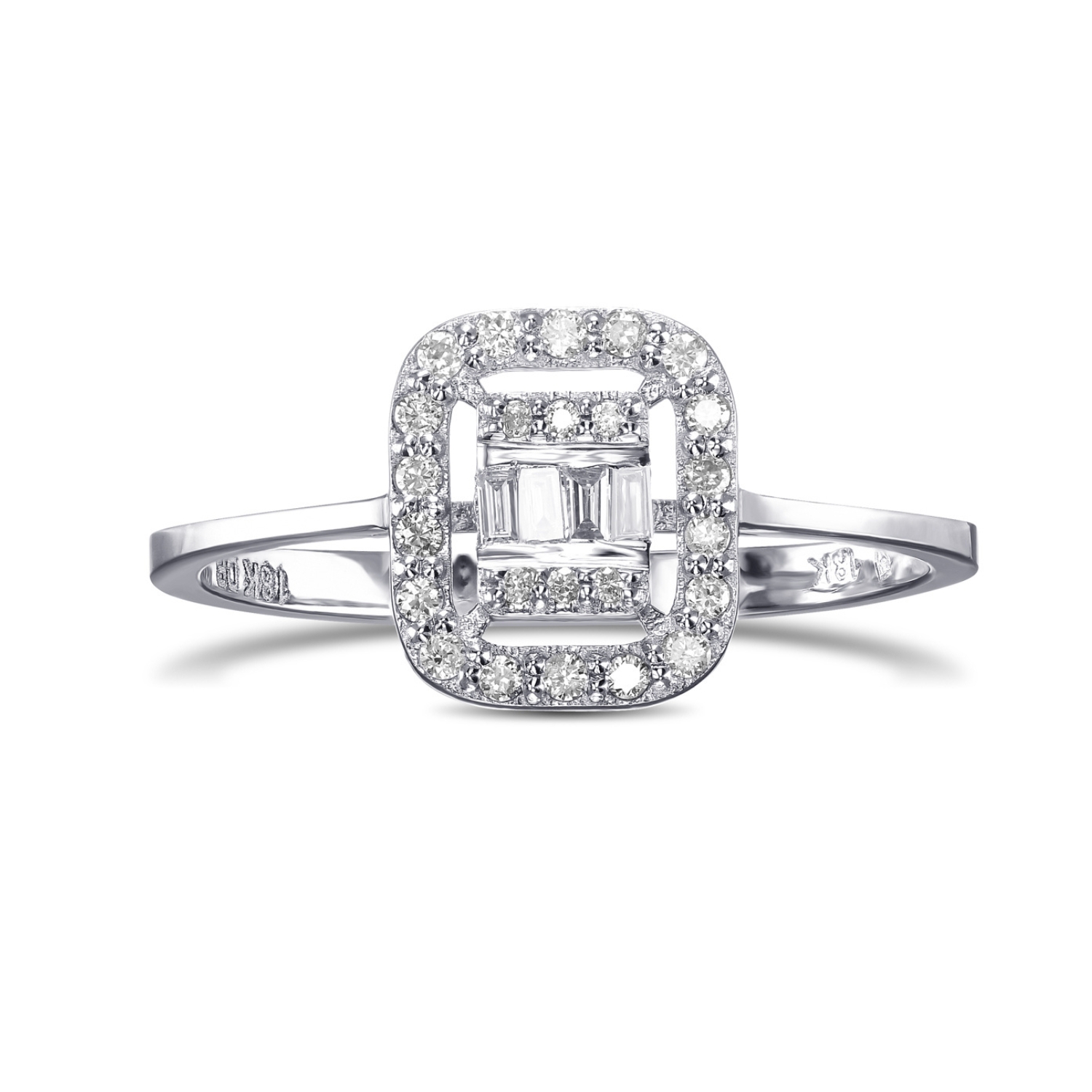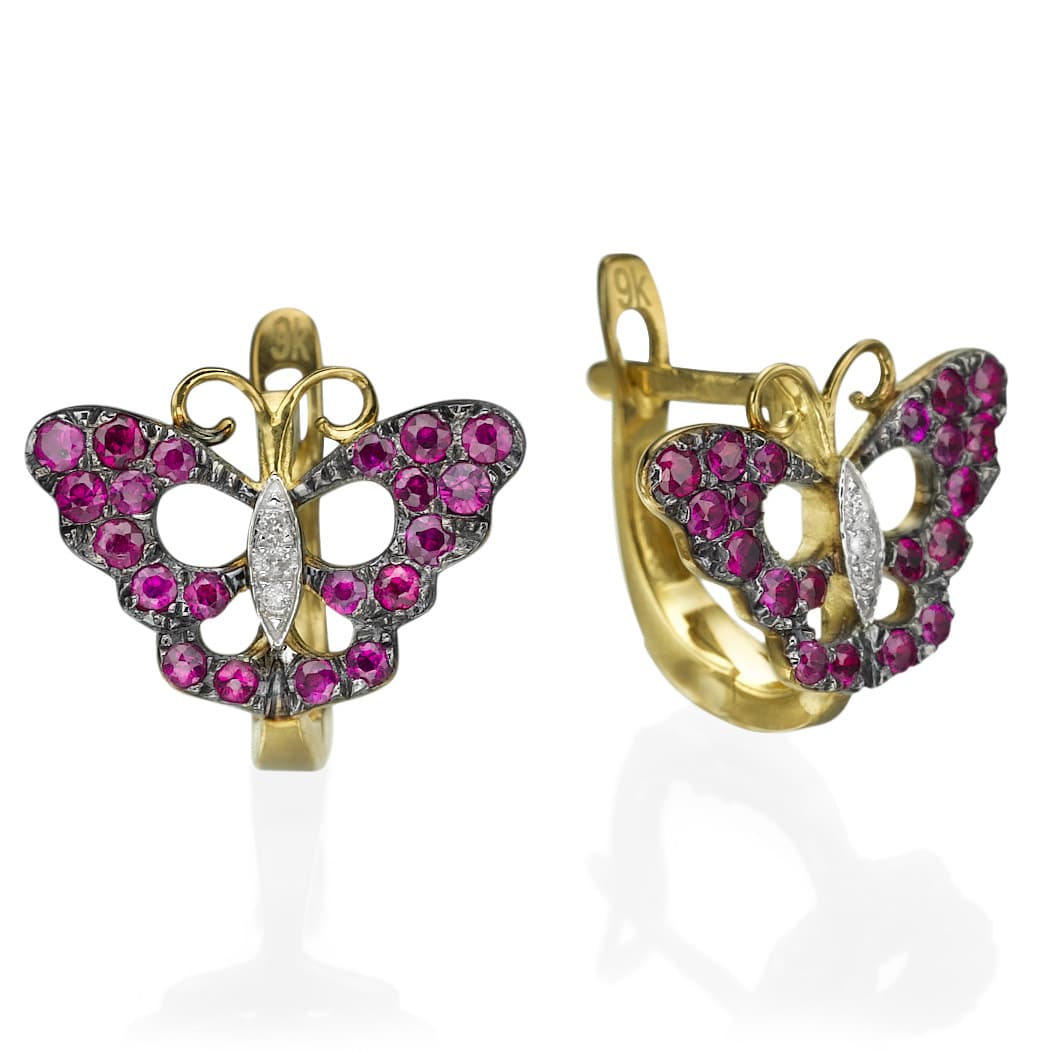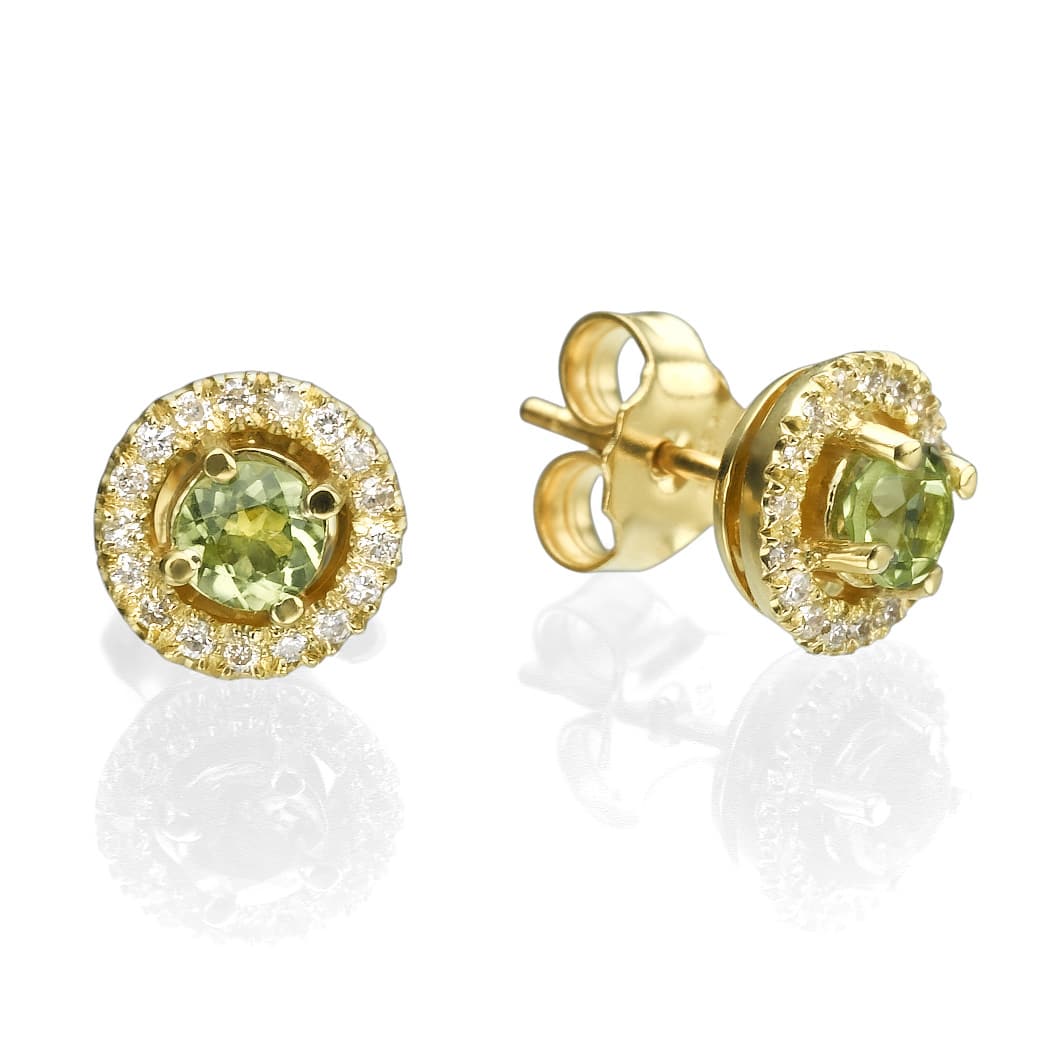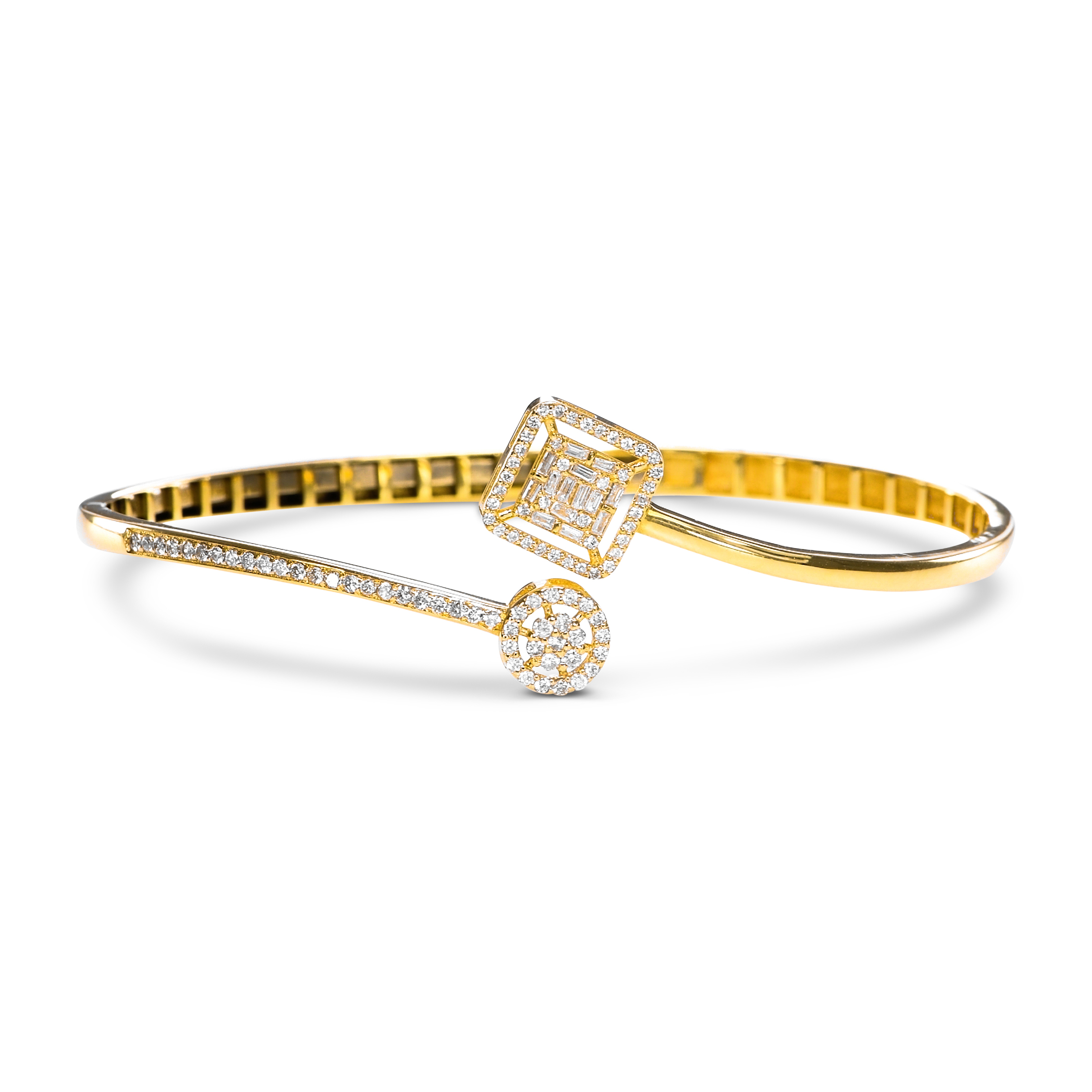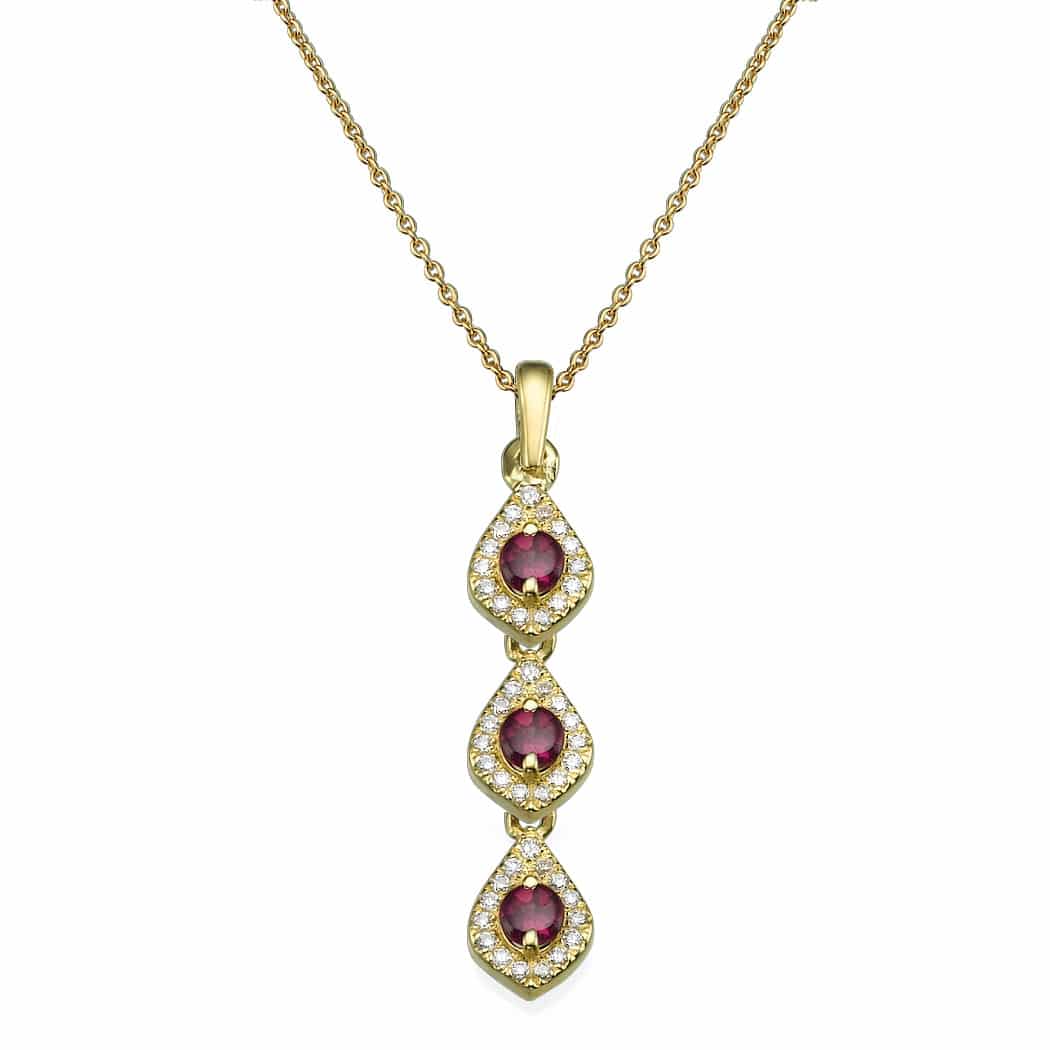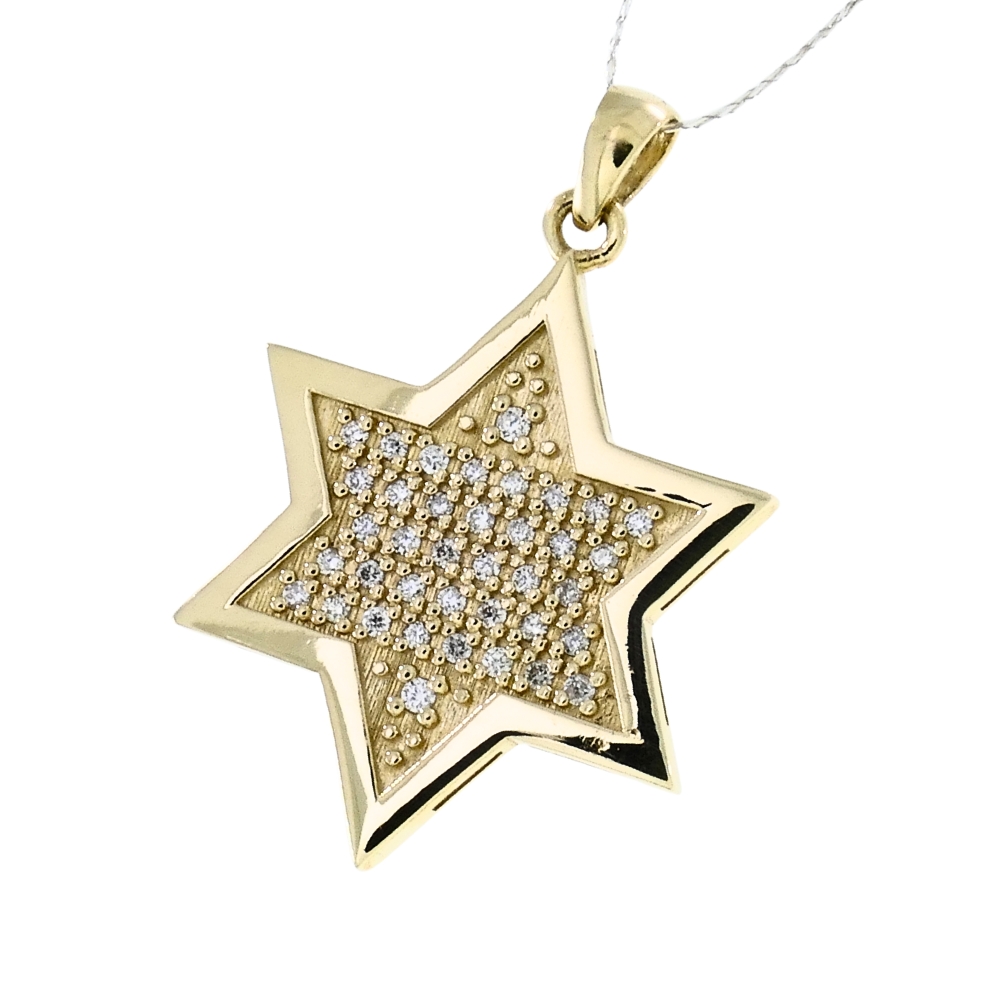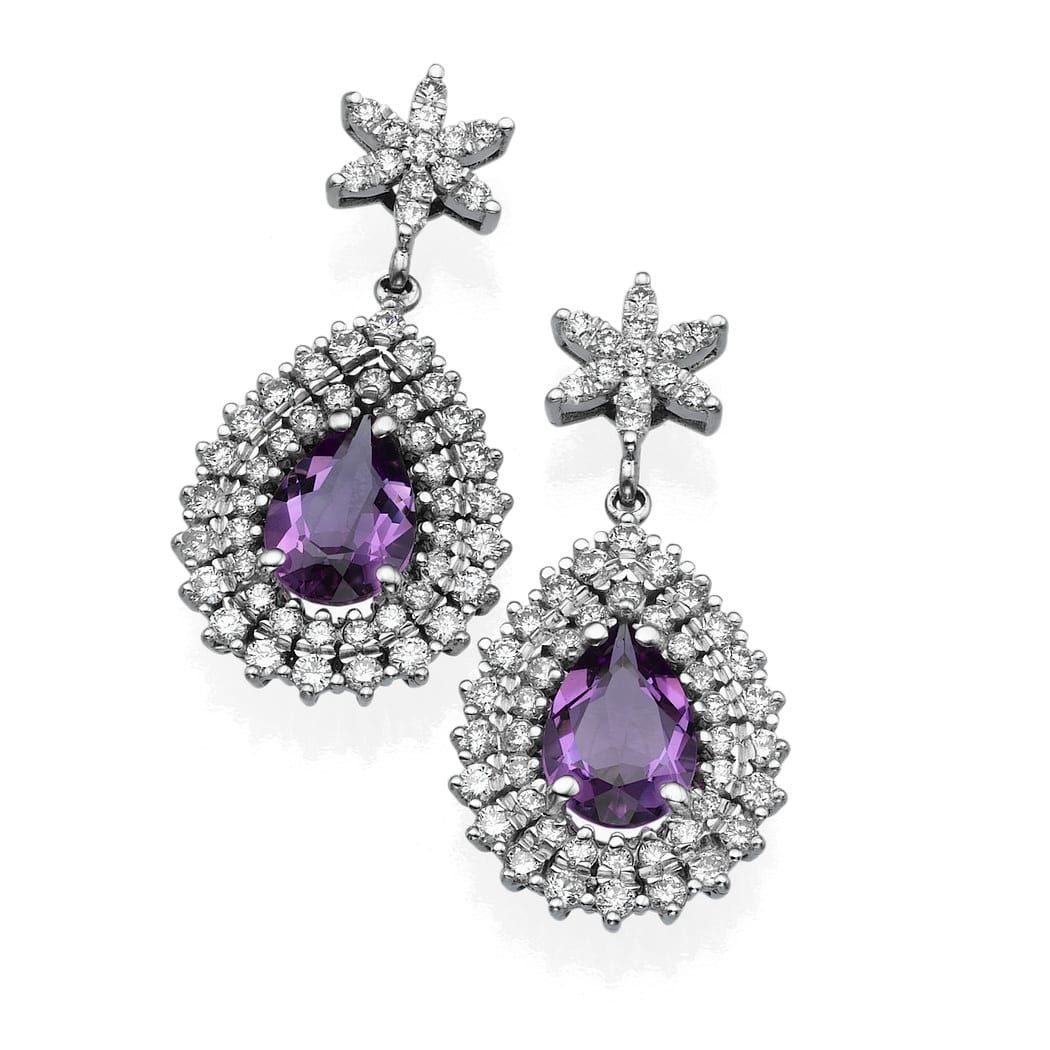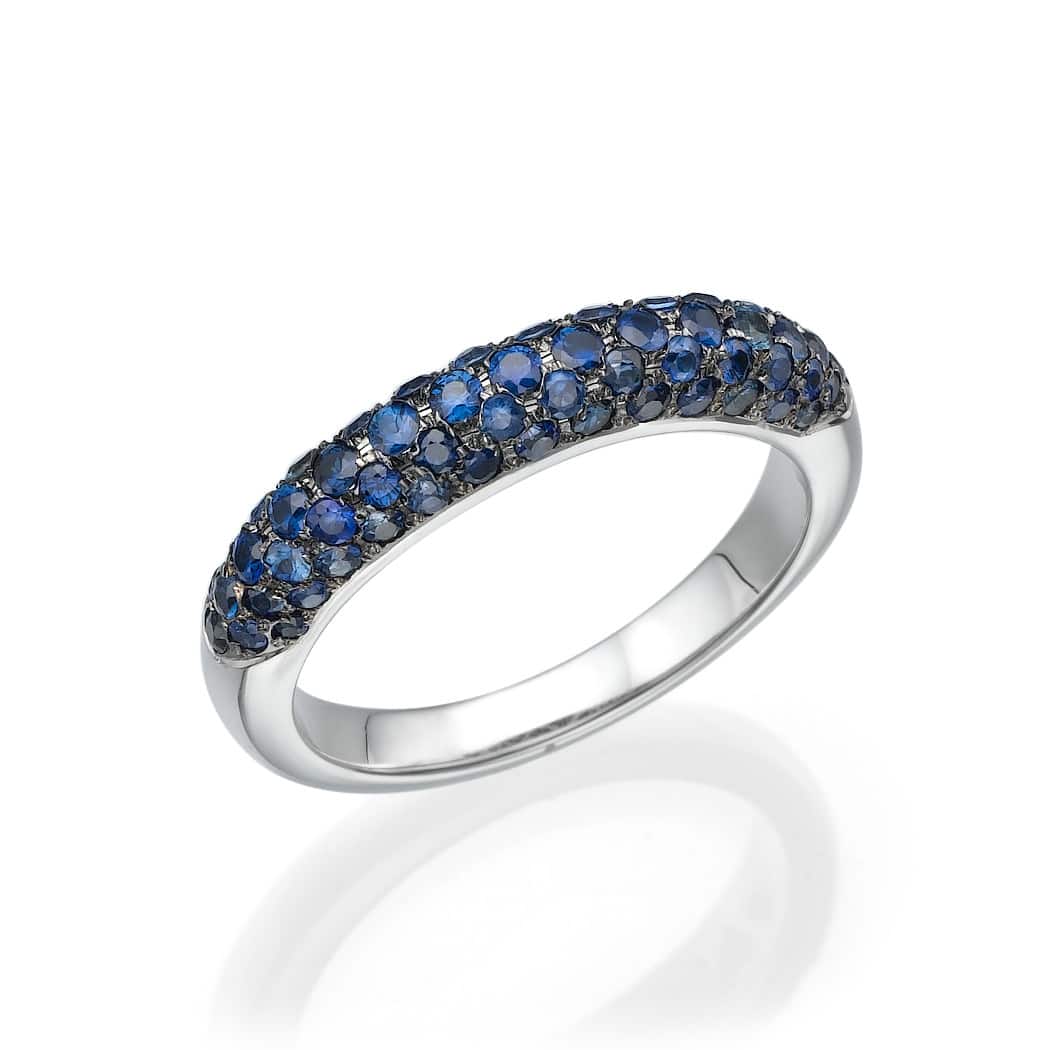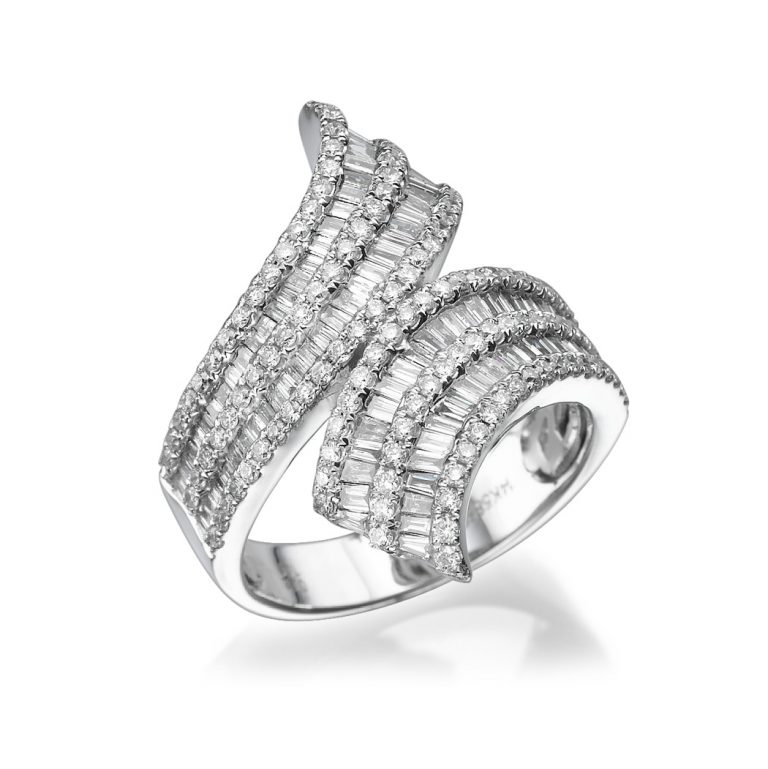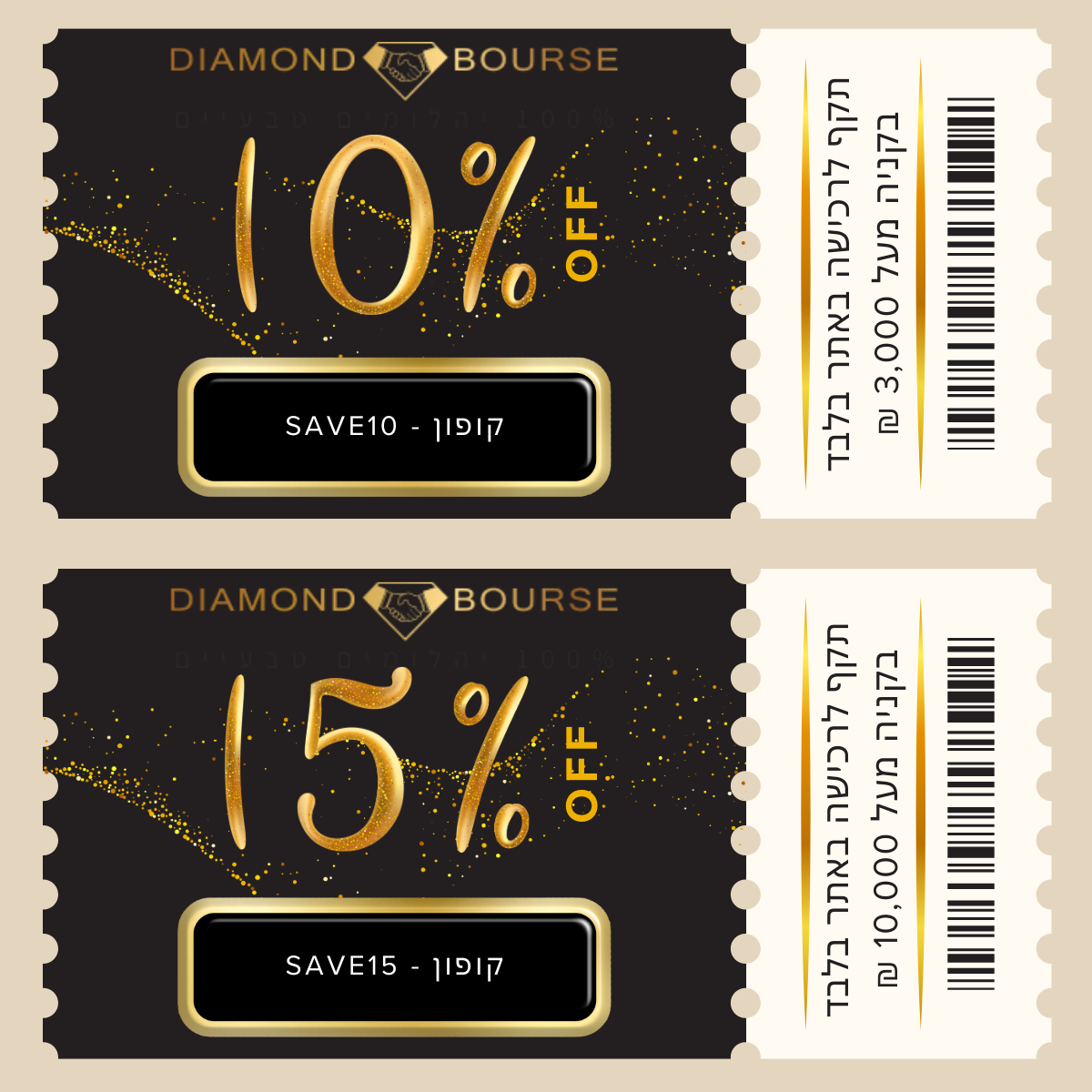The information is revealed to the public: now we will reveal to you almost everything about the secrets of marriage proposals – when and how, why and why. And all thanks to a comprehensive survey conducted in Britain
By: Diamond Bourse, 2021
We all think about the important and significant things in life, when there are some that change life from end to end – marriage is one of these significant events.
There are many stories about marriage proposals and engagement. However, there is not much statistical information on the web with solid data on marriage proposals. The next article is going to change that.
A website in London called Chillisauce.com conducts a survey every year, where thousands of people participate. In 2020, 10,000 different people participated in this survey. Not only do the new findings constitute important information for those involved in the wedding industry, but also the stories that come with them reveal fascinating data, perhaps for the first time, to the general public.
The best time of year to propose
In Judaism certain holidays and dates are fixed, on which it is not recommended to marry according to the Halacha. On the other hand, there are dates on which it is recommended to get married:
- Rosh Chodesh: A wedding on Rosh Chodesh is considered particularly blessed since Rosh Chodesh marks a new beginning.
- 15th day of the month: According to Halacha, an excellent day for a wedding is the middle of the month when the moon is full.
- 15 Av: Valentine’s Day according to Jewish tradition and one of the most requested days for a wedding.
- Moshet Kaslu: A month in which we celebrate the Hanukkah holiday which symbolizes light and joy, making the month blessed for a wedding.
- Month of Adar: “When Adar enters Merbin with joy” – this month is also considered to be blessed with luck.< /li>
- The month of Elul: a month of forgiveness and blessings and a wonderful time according to Jewish tradition to get married.
Less recommended dates to come in the covenant of marriage are: Rosh Hashanah, Yom Kippur, Sukkot I, Sukkot Havami, Sukkot B, Pesach I , Ha’am Pesach, Pesach II. During the counting of the Omer, marriage proposals are not prohibited, but some rabbis rule that music should be avoided during the marriage proposal.
In Christianity, it turns out that the best time to propose is Christmas (“Christmas”, between December 24 and January 1). At this time of the end of the Christian year, as the participants testified, many more marriage proposals are registered than at any other time.
Tu Bab – the most romantic day for marriage proposals
Originally noted in Judaism as a time of reconciliation and consolation for the people of Israel. Tu Bab is described in ancient times as a day when the girls of Jerusalem would wear white clothes and go out dancing in the vineyards to find a match. With the Hebrew date of Tu Bab became the Jewish equivalent of “Valentine’s Day”, which takes place every year on April 14 , and for a most requested date among young people getting married.
In Christianity (how could it not?), the most popular day for marriage proposals is as mentioned “Valentine’s Day” which is considered the most romantic day of the year. An interesting statistic is that 40% of men think Valentine’s Day is the best day to propose, compared to 36% of all respondents in this survey.
The best way to propose
Now it’s official: all you have to do is ask. In the world we have already seen hundreds of ways and ideas for marriage proposals, starting from a serenade on a guitar to a very grandiose marriage proposal that includes fireworks in the sky. But in reality, there is no need to get complicated or waste time and money: more than 50% of the women who participated in the survey answered that in their opinion the best and simplest way is the classic way – to simply get down on one knee and ask the woman “Will you marry me?” without using big gestures.
Engagement rings
What would you do if you didn’t like the engagement ring? The results of the latest survey prove that 21% of the women questioned will not say anything or do anything, even if they did not like the engagement ring they received. From the data it appears that they will simply accept the ring as it is. On the other hand, about 16% of the respondents answered that they would like to change the engagement ring in case they don’t like it (and it’s hard to blame them).
Other options that came up in the survey by the women who answered him regarding the same question, are: sell the ring, “lose” it on purpose or even consider breaking up with your partner (a rather extreme act).< /span>
How important is the father’s approval for the wedding? The survey shows that 69% of the men will not ask permission from the future bride’s father. On the other hand, 57% of women think that the man should ask permission from the father. How can this gap between expectations and what actually happens be bridged? Probably a short meeting or one phone call will be enough, at least to coordinate in advance or avoid unpleasant surprises.
Do women also propose to their man to marry? Although there are traditions that it is clear that the man is supposed to propose – it is not always so. One of the questions in the survey is how many women will take the responsibility of proposing to their man. The surprising answer is that 57% of women would take on the task, at least on paper (as an idea).
What percentage of women actually propose to their men? In practice, in 2010 only 5% of women proposed marriage themselves. But towards the year 2019 the number increased to 16%. The conclusion: maybe the men are becoming more shy, or the women are gradually gaining more self-confidence.
Quick summary
Although there are many festive dates for happy occasions, women often prefer to be proposed on Tu Bab or on a personal and special date, such as the date you first met. Usually, the partner will be happy for a simple marriage proposal and directly from her partner. And if you plan to propose soon – make sure to choose the right engagement ring to suit your partner, so that she doesn’t accidentally “lose” it, or throw it away So it doesn’t matter when and how you bid, the main thing is that you bid – and good luck!

